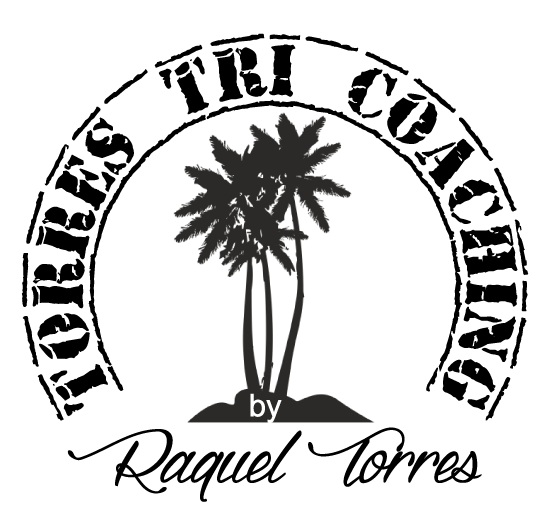Journaling & Mental Health
What is Journaling? A journal is a personal record of events, thoughts, experiences, goals, and so much more. The content in a journal is written as they come to mind, unlike a diary which is a daily activity.
Differences Between a Journal and a Diary:
Diaries are chronological. They record a person's feelings, activities, and events daily.
Journals are not chronological and do not follow a specific pattern or order. When you have a journal, you write down whatever comes to mind at that particular time.
A journal is more personal than a diary because it describes a person’s thoughts and feelings.
A diary is not personal, as it contains logs from the everyday experiences of the writer.
A 2015 research paper explains that consistent expressive writing may help reduce post-traumatic stress Disorder symptoms. It also suggests that writing at length about a traumatic or stressful event can help manage PTSD symptoms.
How to start journaling?
One of the best things about journaling is that it’s accessible. You don’t need to run out and buy a special journal to get started — although if you find it motivational, you can. You only need some paper, a pen, and a little time.
Consider what time of day you will likely stick with a journaling practice. It might be first thing in the morning, late at night, or at a specific time during your workday. Try not to worry about sticking to a consistent time every day. Journaling can fit your schedule.
Why is Journaling Good For You? Journaling is a widely used non-pharmacological tool for coaching, counseling, and the treatment of mental illness.Keeping a record of personal thoughts and feelings is particularly helpful in supporting mental health (WebMD.com, 2021):
Reducing anxiety
Breaking away from a nonstop cycle of obsessive thinking and brooding
Improving the awareness and perception of events
Regulating emotions
Encouraging awareness
Boosting physical health
The positive effects of journaling can even be felt when not performed daily, helping the individual better understand their needs and boosting their well-being.
Raquel Torres, MBA
USAT Triathlon Coach Level 1-2 Elite

